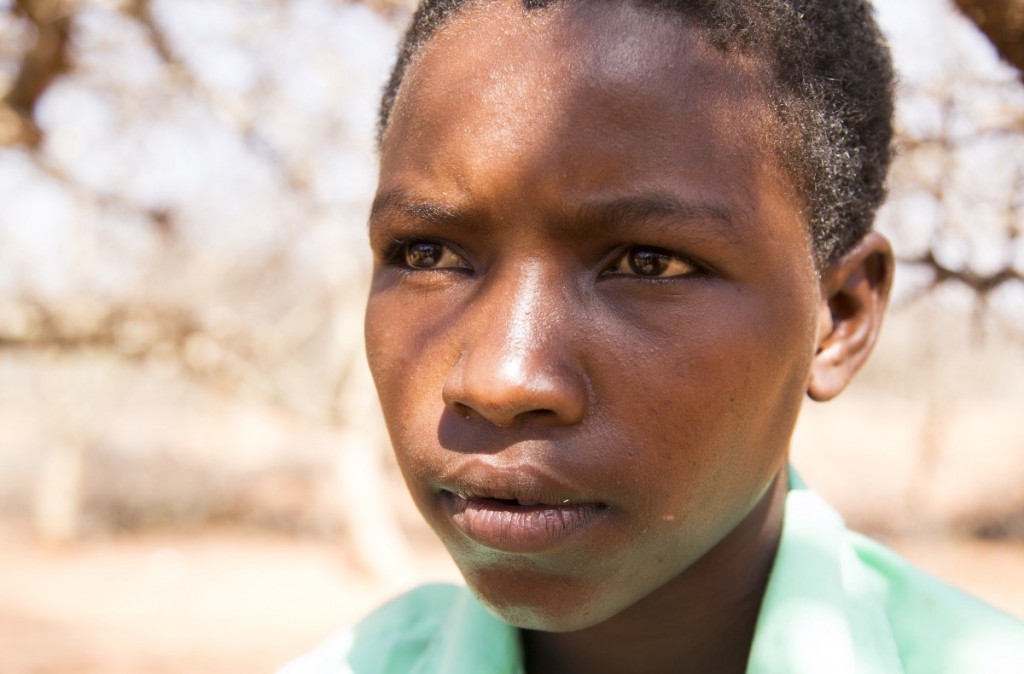The first ladies of Niger, Burkina Faso and Benin promised on Monday to “end the scourge of female genital mutilation” (FGM) in their countries amid warnings the practice had gone underground in Benin.

“FGM is a barbaric practice,” Niger’s Lalla Malika Issoufou told an international conference on FGM in Rome.
She said Niger’s president, Mahamadou Issoufou, was fully behind efforts to eradicate the ritual and that the country was looking at bolstering its law.
Worldwide, an estimated 200 million girls and women have been subjected to the ancient ritual which usually involves the partial or total removal of the external genitalia. It is often carried out by traditional cutters.
The internationally condemned practice is rooted in the wish to control female sexuality, but beliefs around it vary. Some communities see it as a prerequisite for marriage.
Most African countries have introduced laws against FGM, although these are generally poorly enforced.
The first lady of Benin, Claudine Talon, said cutters had found ways around the law.
“The phenomenon (FGM) has become an underground one,” she said in a statement read out by her adviser Pounami Doko Toko.
Doko Toko told the Thomson Reuters Foundation the ritual which was once done openly was now performed behind closed doors.
Parents were also getting their daughters cut at a much younger age before they had learnt to speak – a trend seen in several other African countries.
Some girls in Benin were now cut shortly after birth whereas in the past they would have been cut around the age of 11, she said.
Families were also circumventing the law by crossing into neighbouring Burkina Faso or Niger to get their girls cut.
POLITICAL WILL
U.N. statistics show 9 percent of girls and women have undergone FGM in Benin, but Doko Toko said she believed the real figure was two to three times higher.
She said there had been a significant drive to end FGM in Benin up until 2006, but little action since.
Some young women who did not have FGM when they were girls are now asking to be cut because they cannot find a man willing to marry them, she said. Cutters who had previously abandoned the practice have also resumed their work.
But Bernice Noudegbessi, an official with the U.N. population fund (UNFPA) in Benin, said there was a new political will in the country to tackle FGM.


One Response
FGM what a word? Do all this things still exist? Well I must say that the role of tradition cannot be over emphasized.